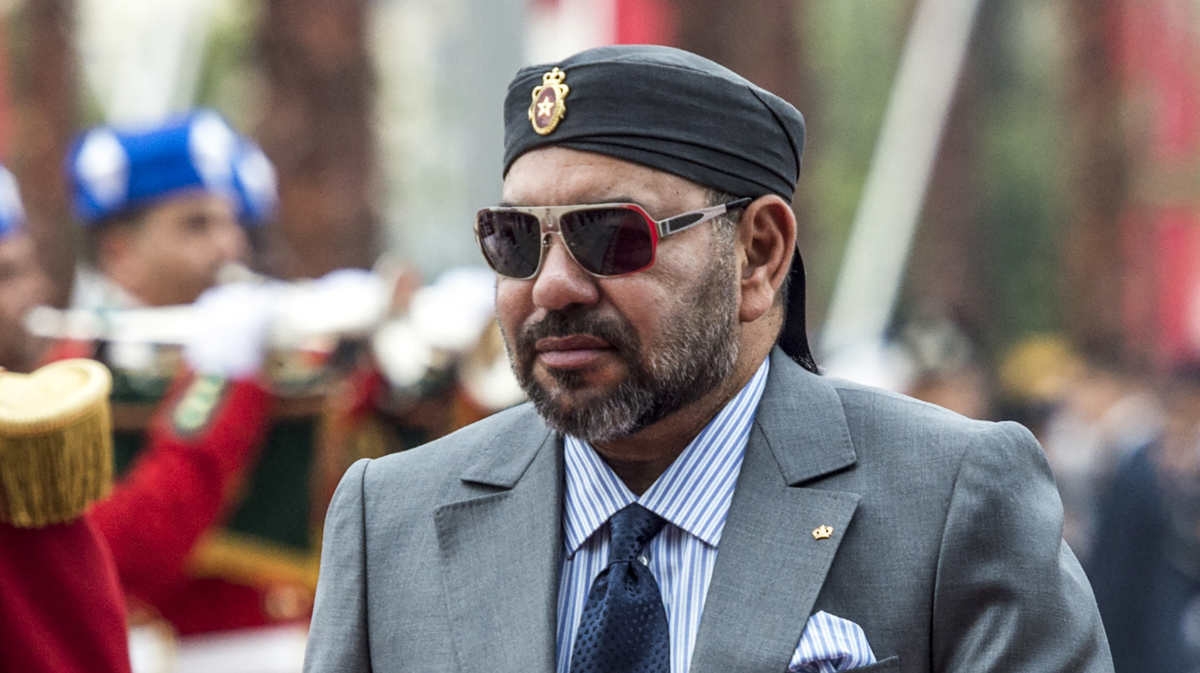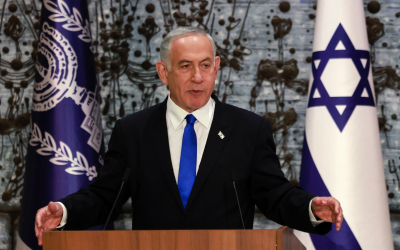Morocco suspends Negev summit over Israeli settlement expansion: Reports

Morocco has cancelled the Negev Forum Summit in protest over Israel’s decision to expand the construction of illegal settlements in the occupied West Bank, according to several reports in the press.
On Wednesday, Bloomberg cited an anonymous Moroccan official claiming that Rabat had indefinitely postponed the gathering to send a message to Israel over its settlement expansion plans. Israeli media had reported the cancellation earlier, though accounts differed on whether the US or Morocco had called off the summit.
The Negev Summit was first held last year in Israel, bringing together top diplomats from Israel, the UAE, Bahrain, Egypt, Morocco, and the United States.
Morocco was slated to host the event this year and the countries have held a series of meetings to plan for the summit. A meeting was delayed in March amid heightened tensions in the occupied West Bank during the overlap of Passover, Easter, and Ramadan. Axios reported earlier this month that Morocco asked for the meeting to be delayed in June due to the Islamic holiday Eid al-Adha. The summit was slated to be held in July.
Israel’s cabinet on Sunday announced plans to move ahead with the construction of 4,500 illegal settlement housing units in the occupied West Bank. Escalating the situation, far-right finance minister Bezalel Smotrich, who is himself a settler, has been granted full control over all settlement planning in the occupied West Bank.
New MEE newsletter: Jerusalem Dispatch
Sign up to get the latest insights and analysis on Israel-Palestine, alongside Turkey Unpacked and other MEE newsletters
The UAE, Morocco and Bahrain established official relations with Israel in 2020 as part of the US-brokered Abraham Accords. The aim of the summit is to cement normalisation by increasing coordination between the countries on issues such as security, energy, tourism, education, and water security.
The move broke with decades of precedent in the Arab world which held that countries would not officially recognise Israel until a resolution to the Palestinian-Israeli conflict was reached.
Morocco has swiftly moved ahead to expand ties with Israel, which existed unofficially for decades. Earlier this month, Israel’s top diplomat in Morocco said the country was considering recognising Moroccan sovereignty over the disputed Western Sahara.
Morocco annexed the territory after Spain withdrew from its former colony in 1975. It has been engaged in a simmering conflict with the Polisario Front, a national liberation movement representing the indigenous Sahrawi people. In 2020, the US recognised Morocco’s claim of sovereignty over Western Sahara in exchange for Rabat’s normalisation of ties with Israel - a major diplomatic coup for Rabat.
Recently, Israel appeared to be courting Rabat by flirting with recognising Morocco's sovereignty over the region as well. A successful summit would have been an achievement for Israeli Prime Minister Benjamin Netanyahu who has trumpeted his ability to achieve normalisation with Arab states without granting concessions to the Palestinians.
But the Negev postponement is the latest sign that Israel is facing pushback in the Arab region. Netanyahu heads a government of once-fringe, far-right lawmakers, and his government has pushed tensions with Palestinians to new heights.
On Monday, Israel used Apache attack helicopters in the occupied West Bank for the first time in over 20 years during a raid on Jenin. The violence has escalated since then with four Israeli settlers killed in a West Bank shooting.
Over the last 24 hours, scores of Israeli settlers, protected by soldiers, have attacked villages in the Nablus area and the town of Turmusaya, north of Ramallah, torching homes, vehicles and agricultural land. The attacks led to the death of Omar Ketin, a 27-year-old Palestinian man.
Middle East Eye delivers independent and unrivalled coverage and analysis of the Middle East, North Africa and beyond. To learn more about republishing this content and the associated fees, please fill out this form. More about MEE can be found here.


